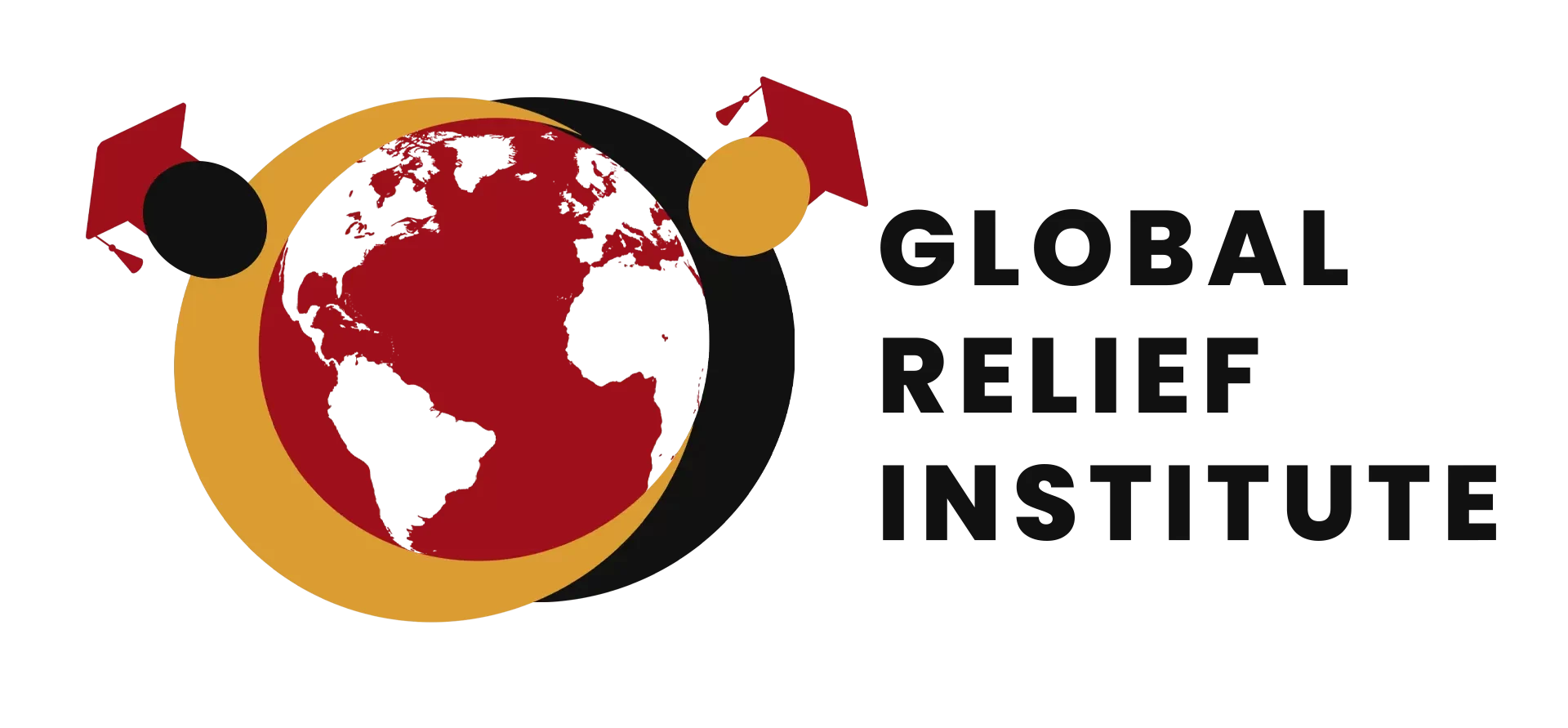Course Overview
The primary aim of the course is for the practical application of specialized theoretical knowledge in humanitarian and development contexts.
Humanitarian disasters will continue to occur around the world, prompting an inherent need for skilled humanitarian workers. In addressing humanitarian crises, the international community has long understood the need to extend beyond providing immediate relief, and to engage with long-term recovery activities and the prevention of similar crises in future. However, this continuum from short-term relief to rehabilitation and development process has often proved difficult to achieve.
This course aims to shed light on the continuum of humanitarian crisis management, particularly from the viewpoint of major bilateral donors and agencies. Focusing on cases of armed conflicts and disasters, the course describes the evolution of approaches and lessons learnt in practice when moving from emergency relief to recovery and prevention of future crises.
The course responds to the need for qualified workers in disaster relief and development setting, in governmental and non-governmental agencies involved in humanitarian operations and development practice. By taking this course, learners will know how to address challenges and opportunities associated with various forms of national and international migration, public health programming, preparedness and response, and building the resilience of vulnerable populations.
Course Objectives
By completing this course, students will be able to:
- Provide humanitarian workers with the awareness, understanding, and skills essential for effective action as individuals and as members of a team.
- Identify and promote standards of good practice in humanitarian responses
- Examine strategies for early warning and prevention of humanitarian crises
- Encourage cooperation and dialogue between governmental, non-governmental, national, and international agencies involved in humanitarian action
- Create a more effective strategy between emergency humanitarian interventions and programs promoting sustainable development.
Course Content
- Public Health in Complex Emergencies (Advanced)
- Public Health and Communicable Diseases Control
- Emergency and Disaster Management
- The Humanitarian Arena
- Process towards Stability
- Sustainable Development
RESEARCH PAPER
Students will be required to choose a research topic and share it with the moderator. Upon agreement, learners will write a proposal and do corrections based on feedback. The students will then proceed with writing chapters three, four, and five of the paper. Guidelines will be provided on the format preferred by the institute.
FINAL EXAMINATION
Minimum Entry Requirements
Common regulations governing Post-Graduate Diplomas shall be applicable
The following shall be eligible for admission
- Holders of a Bachelor’s Degree from a recognized university
- Holders of an equivalent qualification from any other recognized institution
Practicum
- Candidates shall be expected to submit 10 Assignments (8 ASSIGNMENTS, 1 FINAL EXAM AND PROJECT PAPER)
DURATION: 12 Months
REGIONS TARGETED: Global
COURSE FEE: €1500
ORGANIZERS: GRI
LANGUAGE: English and French
FORMAT: Online Learning
GENERAL COURSE CONTACT:



